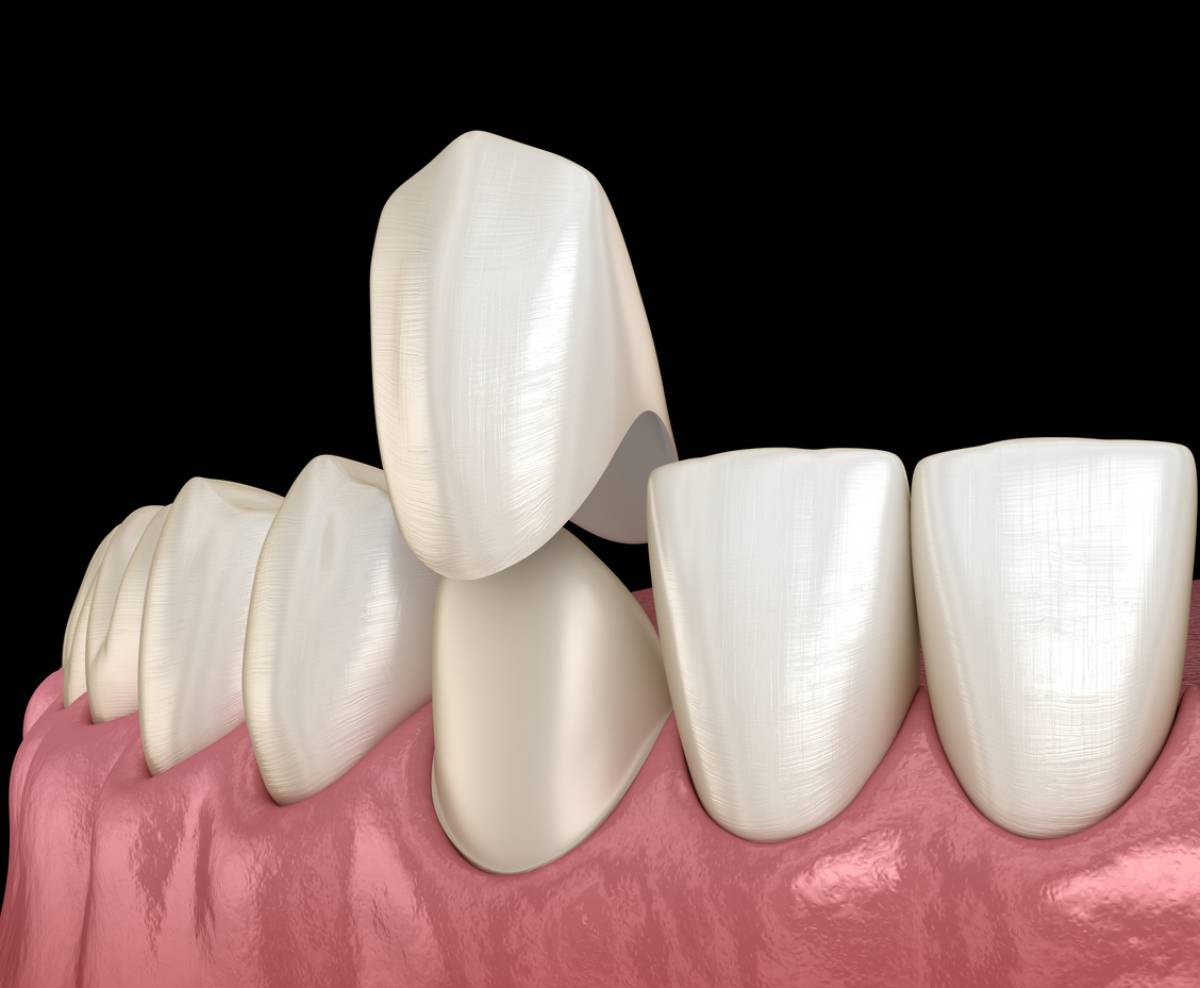Ever wondered about the longevity of dental crowns? The lifespan of these innovative dental solutions often crowns depends on various factors such as their composition, shape, and the extent of dental damage they’re addressing. While dental crowns can endure for a significant period, it’s worth noting that replacements might be necessary after many years, especially if they become loose or cause discomfort. This is what leads many curious minds to ask, “Is my dental crown fitting properly?”
Is My Dental Crown Fitting Properly?
Porcelain crowns, known for their aesthetic enhancement and functional restoration, offer a plethora of benefits that extend beyond the procedure. To ensure a lifetime of efficacy for your porcelain crowns, you need to be sure that they are a perfect fit for your mouth. Today, we will talk about some of the signs of dental crown damage as well as associated symptoms so you know exactly when to contact our dental office for an appointment.
How Your Crown is Designed
With proper placement and diligent daily maintenance, dental crowns can indeed stand the test of time. In fact, they can persist for over two decades as long as you have invested in great material quality and diligent oral hygiene. However, crowns aren’t designed to last forever. If they are starting to bother you, or if they never seemed to settle all the way into your mouth, you may be dealing with dental crown damage.
Fortunately, crown replacement is a viable option, financially feasible and adaptable, regardless of your current crown’s existing condition. It is a good idea to schedule some time for multiple appointments to complete the reparation process. To ensure an impeccable fit, your dentist will craft new molds of your mouth. The dental crown acts as a protective cap, preserving your tooth from potential damage. That’s why it is so important to make sure that it is a natural fit in your mouth.
Is My Dental Crown Loose or Damaged?
Detecting impending crown deterioration can be a challenge, especially when your crowns are brand-new. Dentists can identify the need for crown replacement by identifying the type of dental crown you have in your mouth and searching for related symptoms. These symptoms can include:
- Generalized loosening around the crown area
- Lingering pain or radiating pain to other regions
- Cracks, chips, or surface imperfections on top of the crown
- Difficulty biting down fully or experiencing discomfort while chewing
- Persistent soreness or discomfort in the mouth
- Gums extending beyond the crown or tooth, accompanied by extreme discomfort
It is a good idea to occasionally give your mouth a visual checkup, making sure your crown still looks and feels secure. If your crown falls out or gets knocked loose after an injury, you can get in touch with your local emergency dentistry services right away.
Extend the Lifespan of Your Crowns Today!
Following your crown procedure, you might feel a bit of soreness and pain for the first couple of days. You are welcome to use ice and heat to reduce swelling. They can also help you stay comfortable while your mouth adjusts to its new crown. Over time, it will look and feel like a natural part of your mouth All the while, it gives you the oral health boost you need.
Dental crowns are exquisitely tailored to your teeth and demand no ongoing maintenance. Your daily oral care regimen, including brushing and flossing, remains unchanged, as the crown is a permanent fixture. The best way to keep your crowns from falling out, however, is diligent aftercare and good hygiene. We offer cutting-edge procedures, treatments, and compassionate care for anyone in need of immediate dental restoration. Learn more about our unique types of crowns, including our restorative dental crowns, when you get in touch with our Glendora experts today!




